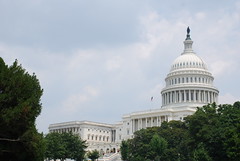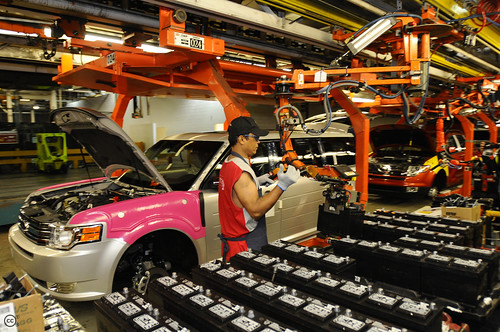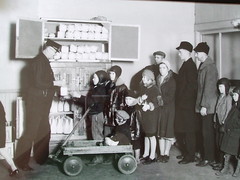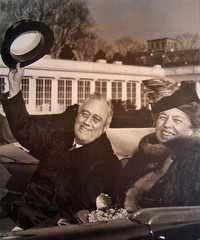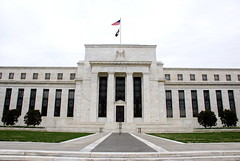You would think Democrat Senator
Carl Levin of Michigan would have his plate full arranging a helping handout for the auto industry in his state. But you would be wrong. Sen. Levin has released his “report” on the Bush Administration’s alleged torture policy. As with all ideologues, Sen. Levin fails to let the facts get in the way of a good piece of fiction.

The narrative is as tedious as it is fallacious: Pres. Bush and senior officials blessed the abuse, first by denying Al Queda operatives the rights of uniformed combatants guaranteed by the Geneva Conventions, and later by rewriting the definition of torture.
If you’re one of those poor souls with the back of his car plastered with anti-Bush bumper stickers, you’d probably drink a cup of this Kool-Aid. But here are the facts:
The CIA and field commanders in the theaters requested some guidance from the Administration on what was allowable, not the other way around as Hans Christian Levin would have you believe.
The so-called smoking gun “torture memos” on which Sen. Levin hangs his case were legal documents by the Justice Dept. that explained the legal boundaries of interrogation. They were not policy memos on how to torture prisoners, as Sen. Levin and the leftover ‘60s crowd would have you believe.
The most aggressive interrogation method used in the war on terror has been “waterboarding,” of which we hear so much, but in reality was used on only 3 prisoners
As a direct result of this action, U.S. forces were able to finally nail Khalid Sheikh Mohammed, the mastermind behind 9-11
For a long time, maybe 3 or 4 years, whatever the U.S. knew about Al Qaeda came only from the KSM interrogations, admits no less a source than Vice President Dick Cheney
The current Administration has already been investigated by nonpartisan panels 12 times! Every single investigation cleared senior officials of any charges that the Bush Administration sanctioned abuse. Every single one!
What's also interesting is that Sen. Levin did not release his "report" in his capacity as the Chairman of the Senate Armed Forced Committee, issuing his news release on private stationary rather than Senate letterhead. Perhaps the Senator's support on the Committee for taking up valuable time on a witch hunt when Members' consituents on Nov. 4 told them it was time to move on was less than unanimous.
Mr. Levin’s endgame may be to stage a Stalinist show trial of senior Administration officials, the Wall Street Journal opines in a Dec. 19, 2008 editorial. President-elect Obama, who campaigned as a “post-partisan” candidate would do well to run, not walk, away from this stinker.
But the real tragedy in all this may be Carl Levin himself, who has become a parody of a reformer. If he’s successful, we’ll see the CIA return to its Carter-Clinton era function as an international-relations think tank, rather than an agency possessed of real bullets to fight hard for actionable intelligence that can protect America.
Just thought you might like to know.







 Federal Reserve kept pumping out and the same creative lending that is now in some small part responsible for the economic mess in which we find ourselves.
Federal Reserve kept pumping out and the same creative lending that is now in some small part responsible for the economic mess in which we find ourselves. 
